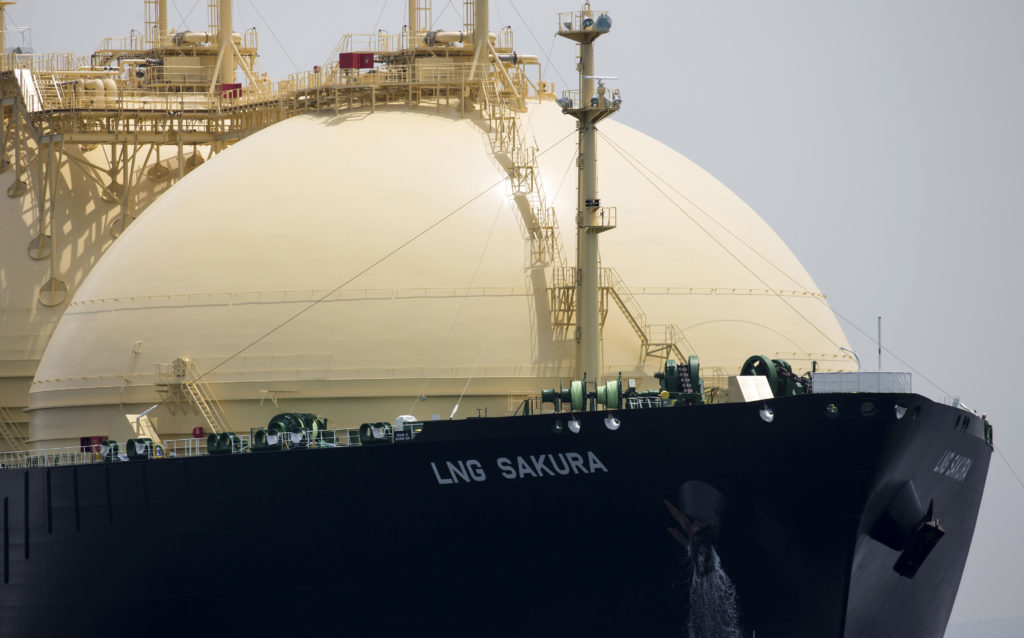
The LNG Marine Fuel Institute has changed its name to the Clean Marine Fuel Institute.
The group has rebranded to reflect the broader focus of decarbonising shipping fuels.
The group will still work on LNG as a fuel, but will also work on developing zero-emission fuels.
“It’s not a case of doing one or the other – we need both,” Clean MFI CEO Margot Matthews said. The institute began in 2017 as the International Maritime Organisation (IMO) rules were coming together for SOx and NOx emissions.
As time has passed, the IMO has focused increasingly on cutting carbon emissions.
“To reach the goals of the IMO we need to be working together on zero emission fuels as the ultimate objective and using cleaner fuels such as LNG during the transition period,” Matthews said.
Using LNG, as opposed to gasoil or fuel oil, reduces SOx and NOx emissions.
“However, as 2020 approached and with the IMO having primarily dealt with the sulphur regulations, the IMO’s focus shifted to developing regulations around decarbonising shipping and its ambition for the international shipping industry to reduce its average carbon intensity by up to 40% by 2030 and 70% in 2050, compared to 2008,” the executive said.
There are no zero-emission fuels currently available, she noted.
“Our success will be measured through how efficiently, effectively and sustainably we are able to help our members turn this into a reality.”
The IMO held a meeting in November on reducing shipping emissions. The organisation will hold a vote on the proposed amendments in 2021. The aim is to tackle both how ships are equipped and how they are operated.
Recommended for you

